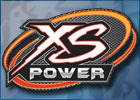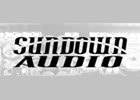Gain Setting & Clipping at Different Frequencies for Front 3-way Active Setup
-
Recently Browsing 0 members
- No registered users viewing this page.
-
Who's Online 0 Members, 0 Anonymous, 869 Guests (See full list)
- There are no registered users currently online











Recommended Posts
Join the conversation
You can post now and register later. If you have an account, sign in now to post with your account.